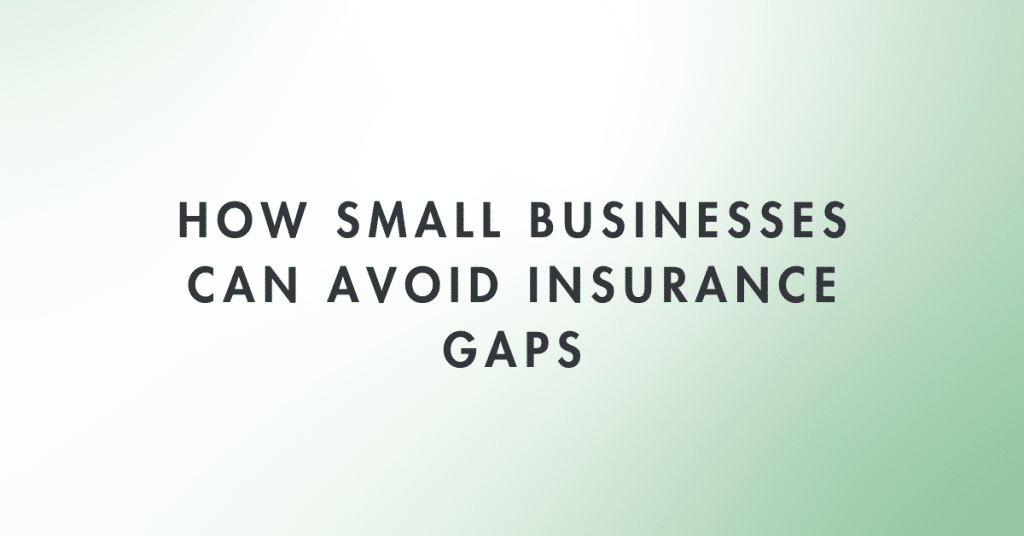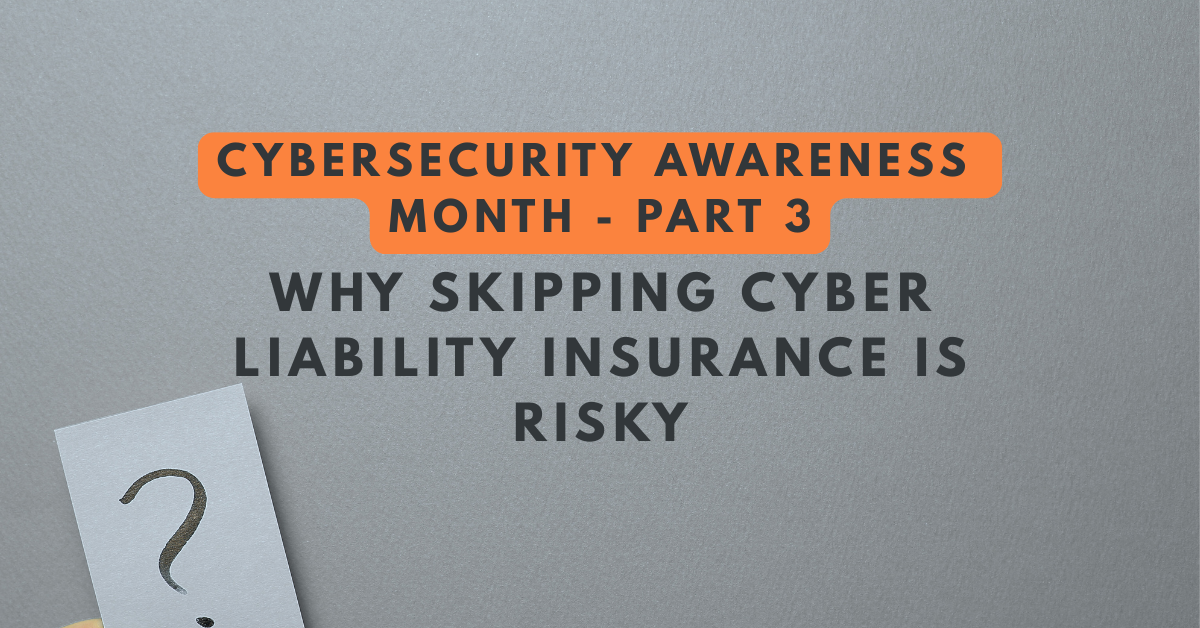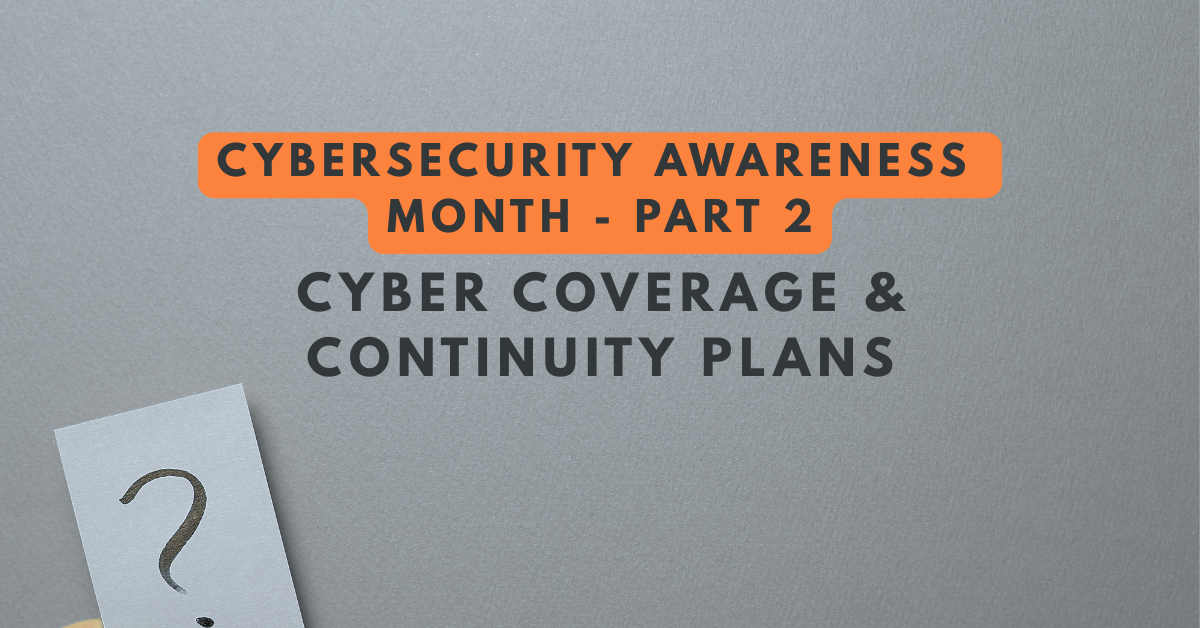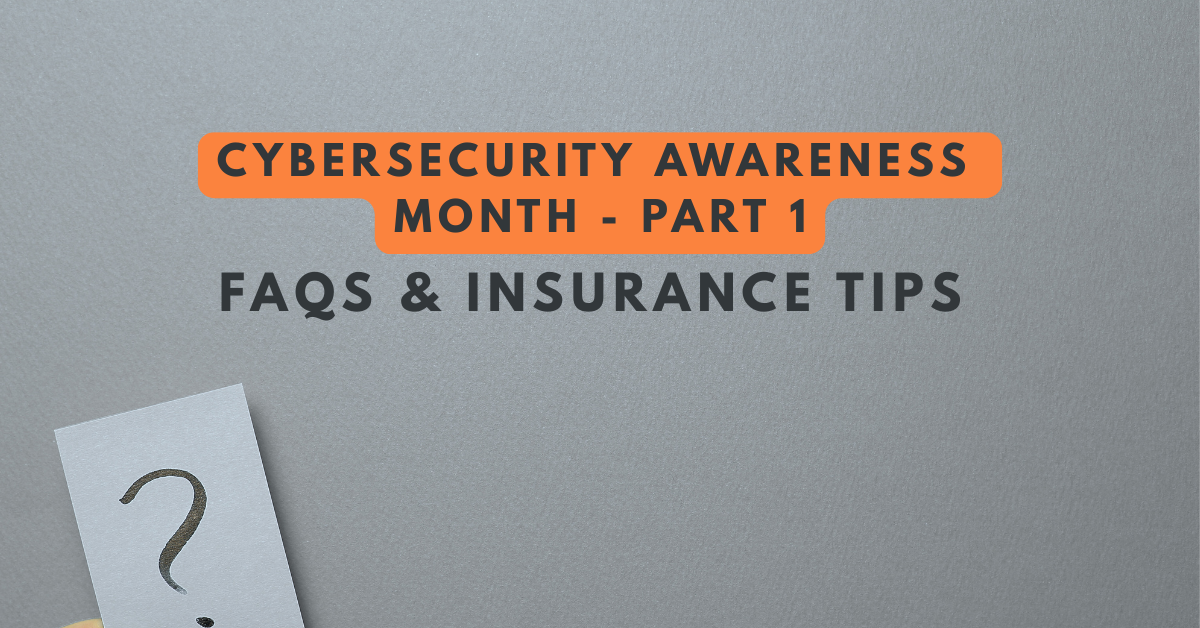How Small Businesses Can Avoid Insurance Gaps
See How We're Different
or call us: (858) 384‑1506
Most business owners know that getting insurance coverage is an essential layer of protection. But do you know what your insurance covers, and have you accounted for all potential situations?
We sometimes find that small business owners, in particular, can find themselves in situations where costly “gaps” in coverage lead to losses. This can happen when they are not aware of the exclusions and limits of their policies.
Let’s explore some common causes of insurance gaps and how to prevent them:
Common Causes
- Not Clearly Understanding Policy Exclusions – If a business owner does not take the time to read their policy in full or ask questions of their broker, they may not be aware of what it does not cover.
- Not Regularly Reviewing and Updating Policies – As businesses grow, coverage must as well. New locations, more employees, increased inventory, new services and more are all reasons to examine the policy and determine if higher limits are warranted.
- Hoping Personal Insurance Will Cover Business Activities – Personal insurance policies usually exclude any business activities, meaning that incidents that would be covered under normal circumstances will not be. This goes for Homeowners’ Insurance, Auto Insurance, etc.
How to Find Gaps
- Do a Risk Assessment – This should include a complete review of all business practices, safety practices, training, assets and potential liabilities.
- Update Policies Regularly – This should be done annually at the very least, but creating a system to review these even more often is better.
- Partner With an Experienced Agent – Our FOA team has decades of experience partnering with small- and medium-sized businesses like yours to ensure you have the appropriate coverage.
- Understand Exclusions and Endorsements – Business owners should read their policies thoroughly to understand what they cover and what they don’t. This can help them decide if separate policies or endorsements need to be added.
- Check For Proper Limits and Deductibles – Work with a trusted agent to find a balance between a reasonable and attainable deductible for a business and adequate coverage for a significant loss.
Types of Coverage That Fill Gaps
- Business Interruption Insurance – If a business needs to close due to a covered event, this helps cover the lost income.
- Cyber Liability Insurance – This type of coverage is becoming increasingly popular and more important as cyber attacks have become more common. It helps with recovery costs after a cybersecurity incident.
- Errors and Omissions Insurance – Also known as Professional Liability Insurance, this covers service-based businesses.
- Employment Practices Liability Insurance – This covers claims of wrongful actions during employment.
- Commercial Umbrella Insurance – This helps extend liability limits and provides additional protection.
The good news is, you don’t have to do this alone! We are happy to work alongside you to examine your policies and see where you can add additional protection, if it is needed. If you’re looking for a partner to help guide you through an audit or refresh your coverage, contact our team HERE.
Download Guide Now
Source: Zywave Small Business Insights, “How to Avoid Insurance Gaps”








